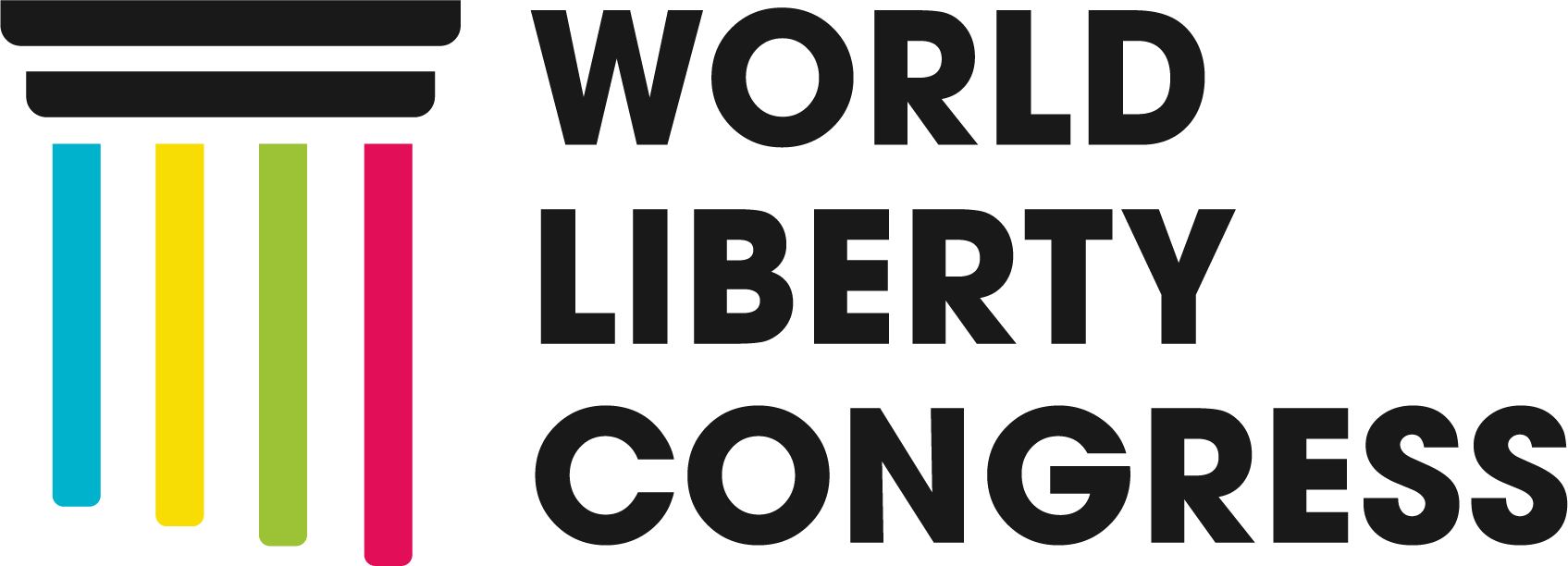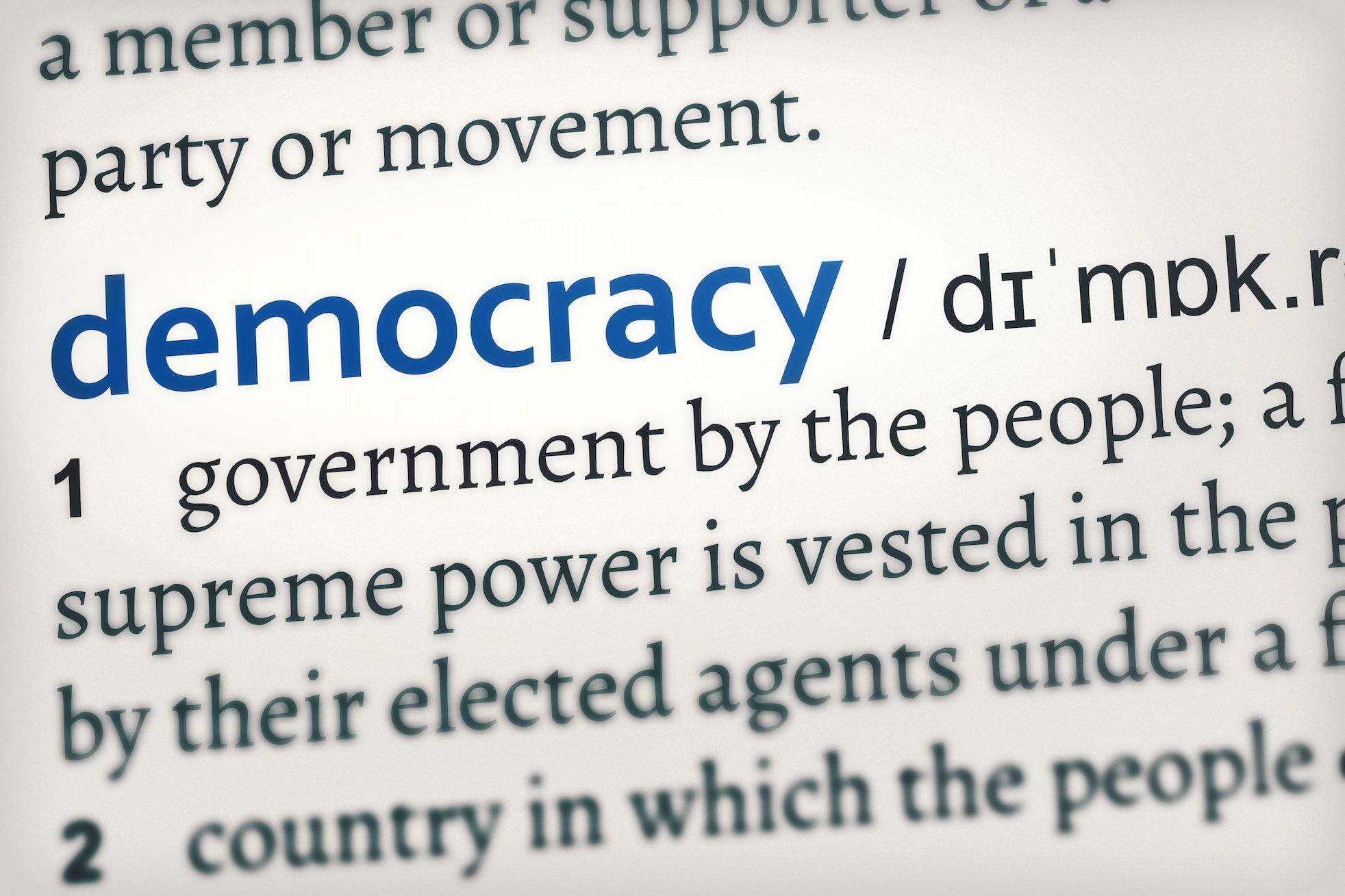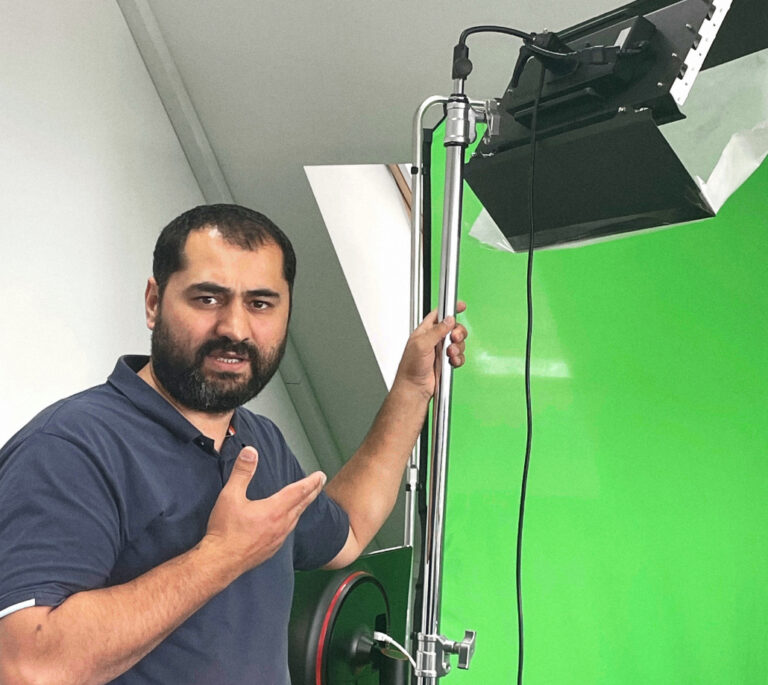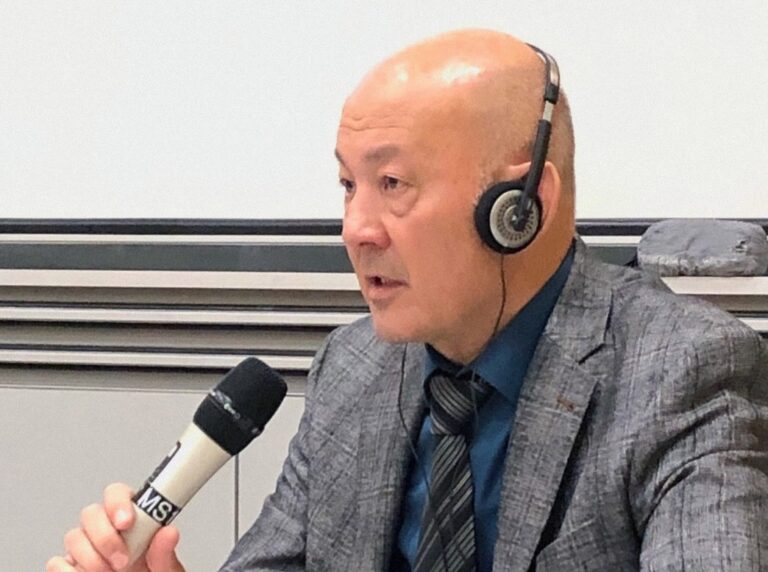By Diing Mou (Elected WLC Leadership Council member)
In a world where autocratic regimes are increasingly united in their pursuit of power and influence, the fight for democracy is still seen and portrayed as a battle between oppressed citizens and their own autocratic regimes, making the fight for democracy often feel like an isolated and daunting endeavor. However, what the democratic world fails to fully comprehend is the intricate web of alliances and support that autocrats extend to each other. In the struggle for democracy, pro-democracy activists often find themselves facing not just their own autocratic regimes but an interconnected network of authoritarian alliances. This web of autocracies, bolstered by political, economic, and military support from powerful allies such as Russia and China, presents a formidable challenge to those advocating for freedom and human rights. Nowhere is this more evident than in regions like East Africa, where autocratic leaders forge alliances to maintain their grip on power, suppress dissent, and undermine democratic aspirations.
The Lonely Path of Pro-Democracy Activists:
For pro-democracy activists, the fight for democracy can be a lonely and perilous journey. They not only confront repression and persecution from their own governments but also contend with the combined might of autocratic regimes that support each other’s survival. This solidarity among autocrats creates a hostile environment where dissent is stifled, opposition movements are crushed, and international interventions are often ineffective or insufficient.
The Power of Autocratic Alliances:
The alliance between autocratic regimes extends beyond mere diplomatic niceties to encompass economic partnerships, military cooperation, and regional interventions. In East Africa, this alliance is exemplified by the relationship between Uganda and South Sudan:
1. Economic Interests: Uganda and South Sudan share economic ties, with Uganda providing crucial support to South Sudan’s oil industry and benefiting from trade agreements and infrastructure projects. These economic interests create mutual dependence and incentivize cooperation between autocratic leaders.
2. Military Cooperation: The Ugandan army’s intervention in the South Sudan conflict of 2013, on the side of President Kiir’s regime, highlights the military dimension of autocratic alliances. Such interventions serve to bolster the position of autocratic leaders, suppress dissent, and maintain regional stability on their terms.
3. Cross-Border Repression: Autocratic regimes often collaborate to suppress dissent beyond their own borders, targeting political exiles, journalists, and activists who seek refuge in neighboring countries.
The Case of South Sudan:
In South Sudan, a country plagued by political instability and conflict, the nexus of autocracy and external support exacerbates the challenges faced by pro-democracy activists. The ruling elites, backed by powerful allies, maintain control over the country’s resources and institutions, stifling dissent and perpetuating cycles of violence and impunity.
Russia, China, and Uganda’s involvement in South Sudan, driven by economic interests and geopolitical calculations, further entrenches autocratic rule and undermines democratic aspirations. Whether through investment deals, arms sales, or diplomatic maneuvers, these external actors bolster the regime’s grip on power and inhibit efforts to foster democratic governance and peace. In the face of this web of autocratic alliances, pro-democracy activists find themselves fighting a lonely fight, particularly vulnerable to repression and persecution. The cooperation between the autocracies, reinforced by economic, military, and diplomatic ties, leaves little room for dissent or opposition within the region. South Sudanese activists and opposition figures who seek refuge in neighboring countries often face harassment, intimidation, or extradition back to South Sudan, where they risk imprisonment, torture, or even death.
The Imperative for Democratic Solidarity:
To counter the united front of autocratic regimes, the democratic world must understand and address the complexities of transnational repression and authoritarian alliances.
1. Solidarity and Support: Democracies should stand in solidarity with pro-democracy activists and opposition movements in autocratic regimes, providing moral, diplomatic, and material support to amplify their voices and protect their rights.
2. Strategic Engagement: Democracies should engage with autocratic regimes and their external backers from a position of strength, leveraging economic incentives, sanctions, and diplomatic pressure to promote democratic reforms and respect for human rights.
3. Regional Cooperation: Democracies should collaborate with regional organizations and African partners to address the root causes of autocracy, promote inclusive governance, and strengthen democratic institutions. This includes supporting efforts to resolve conflicts, uphold the rule of law, and protect human rights across borders.
In the interconnected world of autocratic alliances, pro-democracy activists face formidable challenges in their struggle for freedom and justice. The cooperation between autocratic regimes, exemplified by the relationship between Uganda and South Sudan, underscores the need for a coordinated and strategic response from the democratic world. By standing in solidarity with dissidents, supporting regional initiatives for peace and democracy, and confronting the root causes of authoritarianism, democracies can help tip the balance in favor of liberty and democracy across borders.




